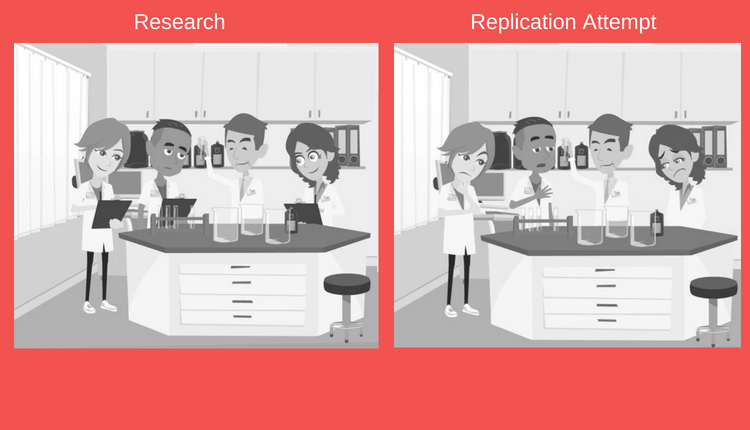Nature Refuses to Publish Replication Attempts of Research

Reproducibility of research is important for the academic community. Both researchers as well as publishers need to comply with the prevalent guidelines on reproducibility of research. However, recently Nature showed interest in publishing an article that it later rejected. The reason? It was a replication attempt of one of Nature’s old research papers. Let us look into this in details.
Why did Nature not Publish a Replication Attempt?
Reputed publishers such as the Nature Publishing Group, which publish several additional journals under their umbrella name, have publicly declared their policy regarding replicated research. However, recent revelations by Mante Nieuwland of Max Planck Institute for Psycholinguistics, suggest otherwise.
The institute carried out a replication study based on an article published in the Nature Neuroscience in 2005 by Katherine A DeLong and others. This study replicated the original paper, after omitting certain shortcomings of the original study, and including a greater sample size with improvements. However, Nature rejected the paper without even sending it out for peer review. In fact, several leading journals showed reluctance to publish their study.
One of the reasons given for this decision despite the findings regarding the reproducible research was the possibility of poor general interest in the subject matter. However, the same findings were published online in bioRxiv. Curiously, the academic community found these findings interesting, as shown by the Altmetric results this article generated. On publishing the Altmetric report, Nature’s rejection of replicated research became even more noteworthy.
Research Replicability is Vital
The general idea behind research is to obtain new findings that are beneficial. These findings also have the potential to result in further investigations in the future. Therefore, reproducibility is an essential aspect of research.
A research study is replicated with different subjects and different situations for a specific purpose – whether the basic findings of the original study can also be applied to other participants and circumstances. The research results include meticulous details and records that go into the production of a finalized article. The results should be the same upon using the same materials and methods under different conditions. This defines the reproducibility of the research.
Reproducible research and replicated research have similar meaning. The scientific community should replicate more and more research to ensure its reproducibility.
The Importance of Reproducibility of Research
The general public shows a keen interest in the outcome of research studies. It is expected that the study results will be both accurate and informative by the time they reach the public. The results must be genuine, and they should be reproducible. Otherwise, the general public may lose their interest and more importantly, their trust in the scientific community.
The credibility of a research study depends on the reproducibility of results.
Scientific journals perform a public duty by publishing their findings as research articles in scholarly journals. Prestigious journals provide an incentive to researchers and technical authors by publishing their articles.
If the journal determines that it will not publish a scholarly research study article, it should provide a reasonable explanation for the rejection. Otherwise, the rejection could cause a serious setback to the career of the authors. It could also lead to other repercussions for the researchers such as difficulty in obtaining research grants.
Tips for Easier Journal Acceptance
- The journals should have a clearly laid out receiving format for replicated research articles.
- The reviewing process must have more transparency.
- Replication studies need to be treated as primary research articles, not as mere refutation correspondences.
As for the researchers, following these tips will make journal acceptance easier. But the publishers too need to take a stand on this. Reputed journals should show more interest in publishing replication attempts, which in turn, will promote more such research.
Do you agree with Nature‘s decision of not publishing the replication attempt? How should reputed journals deal with these issues? Please share your thoughts with us in the comments section below.





![What is Academic Integrity and How to Uphold it [FREE CHECKLIST]](https://www.enago.com/academy/wp-content/uploads/2024/05/FeatureImages-73.png)



